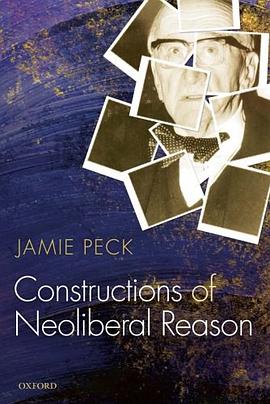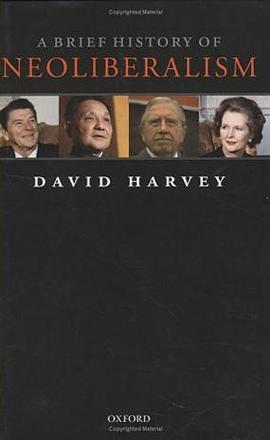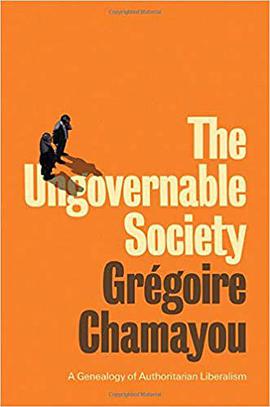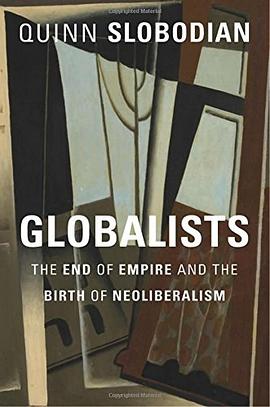Constructions of Neoliberal Reason 豆瓣
作者:
Jamie Peck
Oxford University Press
2013
- 1
Amongst intellectuals and activists, neoliberalism has become a potent signifier for the kind of free-market thinking that has dominated politics for the past three decades. Forever associated with the conviction politics of Ronald Reagan and Margaret Thatcher, the free-market project has since become synonymous with the 'Washington consensus' on international development policy and the phenomenon of corporate globalization, where it has come to mean privatization, deregulation, and the opening up of new markets. But beyond its utility as a protest slogan or buzzword as shorthand for the political-economic Zeitgeist, what do we know about where neoliberalism came from and how it spread? Who are the neoliberals, and why do they studiously avoid the label? Constructions of Neoliberal Reason presents a radical critique of the free-market project, from its origins in the first half of the 20th Century through to the recent global economic crisis, from the utopian dreams of Friedrich von Hayek through the dogmatic theories of the Chicago School to the hope and hubris of Obamanomics. The book traces how neoliberalism went from crank science to common sense in the period between the Great Depression and the age of Obama. Constructions of Neoliberal Reason dramatizes the rise of neoliberalism and its uneven spread as an intellectual, political, and cultural project, combining genealogical analysis with situated case studies of formative moments throughout the world, like New York City's bankruptcy, Hurricane Katrina, and the Wall Street crisis of 2008. The book names and tracks some of neoliberalism's key protagonists, as well as some of the less visible bit-part players. It explores how this adaptive regime of market rule was produced and reproduced, its logics and limits, its faults and its fate.



